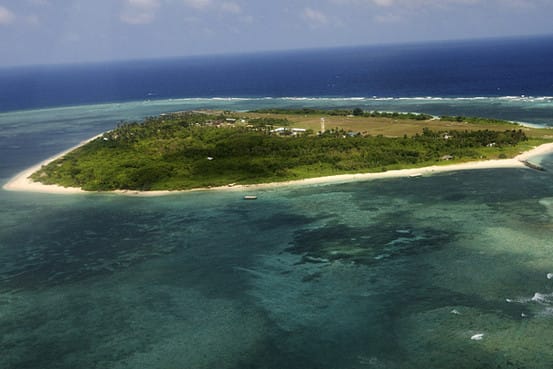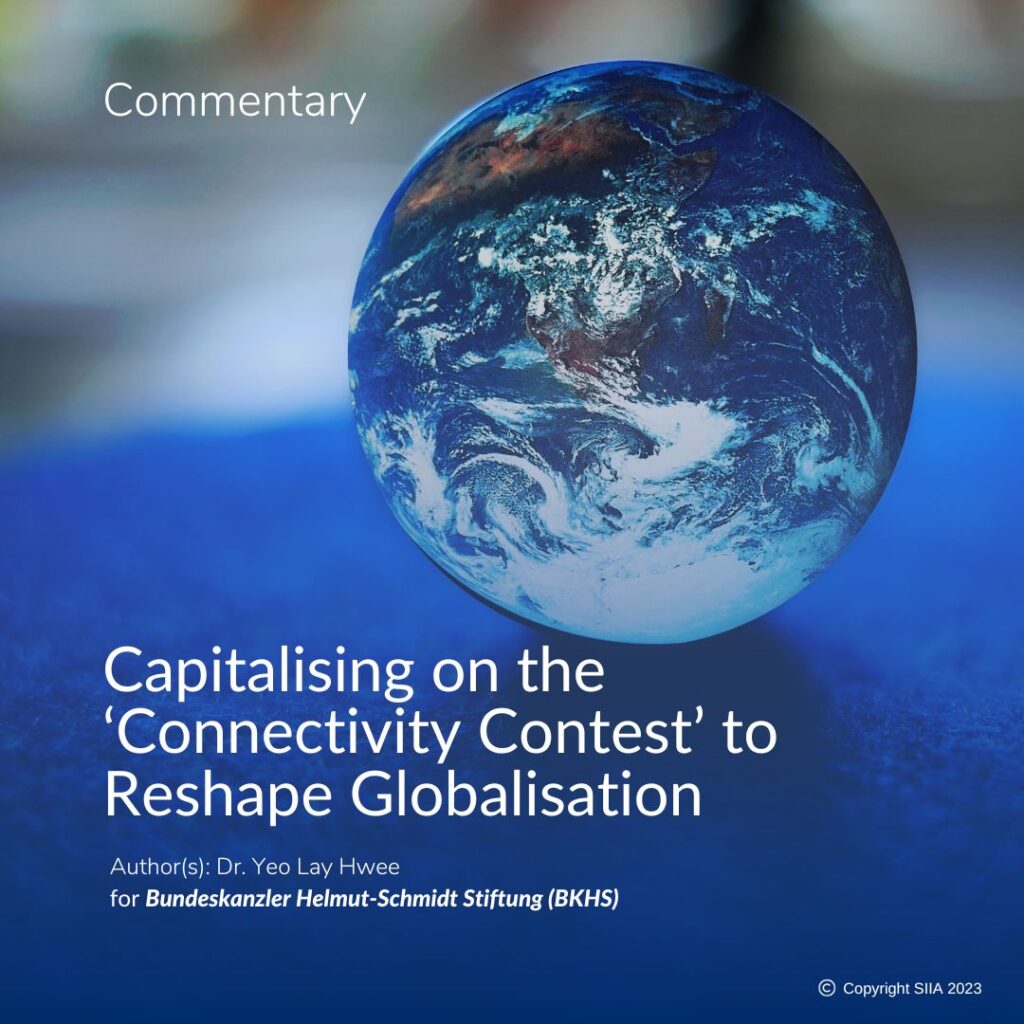The legal process begun by the Philippines to challenge claims by China to the South China Sea surprised the region. International arbitration is allowed under the United Nations Convention on the Law of the Sea (UNCLOS), but the move adds urgency and new elements to an already trying political scenario.
Relations between the two countries over competing claims have been tense over the last year, with vessels standing off for months near the Scarborough Shoal. The issue also affected the unity of the Association of Southeast Asian Nations (ASEAN) when then-chairman Cambodia could find no compromise wording for the official statement. What does this new manoeuvre portend?
At first glance, this is a legitimate step and, indeed, supported by the various calls for parties to use international law, rather than force. China has accepted UNCLOS and now faces a difficult choice.
UNCLOS arbitration is compulsory and a timeline will unfold in the coming weeks in which the International Tribunal for the Law of the Sea (ITLOS) will require arbitrators to be nominated and a schedule set out for the case. If Beijing refuses to participate, these proceedings can still go ahead without them.
If China does participate, it can challenge the questions that can be addressed. The scope of jurisdiction in this particular provision is limited and cannot include issues like sovereignty over the rocks.
Even if China participates and loses, Beijing can refuse to comply and there will be no penalties or police to enforce the ruling. Global public opinion could however be affected. Manila’s legal challenge, therefore, must be seen in a broader political context.
CONSPIRACY IN THE WIND?
Some Chinese will suspect a conspiracy or concert against them.
The United States’ rebalancing to the region has coincided with the resurgence of the long-standing disputes in the South China Sea. Philippine President Benigno Aquino has invited American forces to consider arrangements to visit his country for extended periods. This is a sharp contrast to the past Aquino administration that ordered the closure of US bases.
Japan’s role will also be questioned. Representing the newly-elected Abe administration, Foreign minister Fumio Kishida chose Manila as his first overseas visit. There, he promised coast guard vessels and found there was a welcome for the idea that Japan should re-arm.
This unfolds amid increased tensions between Tokyo and Beijing over the Senkaku-Diaoyu islands. Some will therefore question the coincidence that the legal challenge has come so soon after the visit. Another coincidence is that the supervising tribunal of ITLOS has a Japanese national as its President — Mr Shunji Yanai — although he is not under instruction from Tokyo.
It is therefore for the better that steps be taken to stabilise relations. Chinese leader Xi Jinping has called for cooperation to handle “sensitive” issues effectively and in a timely manner.
BE NEUTRAL BUT ACT
The future tenor of US-China ties is harder to read as key appointments to the State and Defence secretaries are pending and new Chinese leaders are settling in. US President Barack Obama has, however, set clear priorities in his inaugural address that focus on domestic issues. Having trumpeted the coming end to a decade of war, he should be cautious about engaging in potential Asian conflicts, even if allies wish otherwise.
In this context, it is critical that ASEAN maintain its neutrality. Although the Philippines is a member of the group, others in ASEAN were not consulted on the legal challenge. The Singapore Government has officially stated that it first heard through the media. Manila’s right to take this route was also acknowledged as its own national decision.
ASEAN neutrality, however, cannot mean inactivity. To the contrary, current ASEAN chair Brunei must work with others in the group to rebuild trust, with the aim of beginning negotiations on a code of conduct for activities in the contested areas.
The July 2012 Statement on ASEAN’s Six-Point Principles on the South China Sea bears reiteration. It will be critical that China be part of this negotiation and not feel that the 10 smaller countries are ganging up.
The legal process will move ahead, quickly and quite inexorably. It must also be expected that China will use economic and other levers to express its displeasure with Manila. The Philippines is testing China’s intentions in law but its own endurance will be tested in economic and political spheres.
Challenging China under UNCLOS is a decision by the Aquino administration that international law allows and no other country can stop. But what others in the region can and must do is to help prevent the legal process from creating a political mess.
ABOUT THE AUTHOR
Simon Tay is Chairman of the Singapore Institute of International Affairs and Associate Professor in the Faculty of Law at the National University of Singapore. He is also Senior Consultant at WongPartnership, a leading law firm in Singapore with regional practices. This article first appeared in TODAY on the 28th of January and subsequently in The Nation on the 30th of January.




